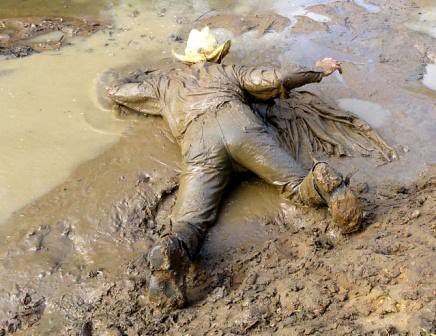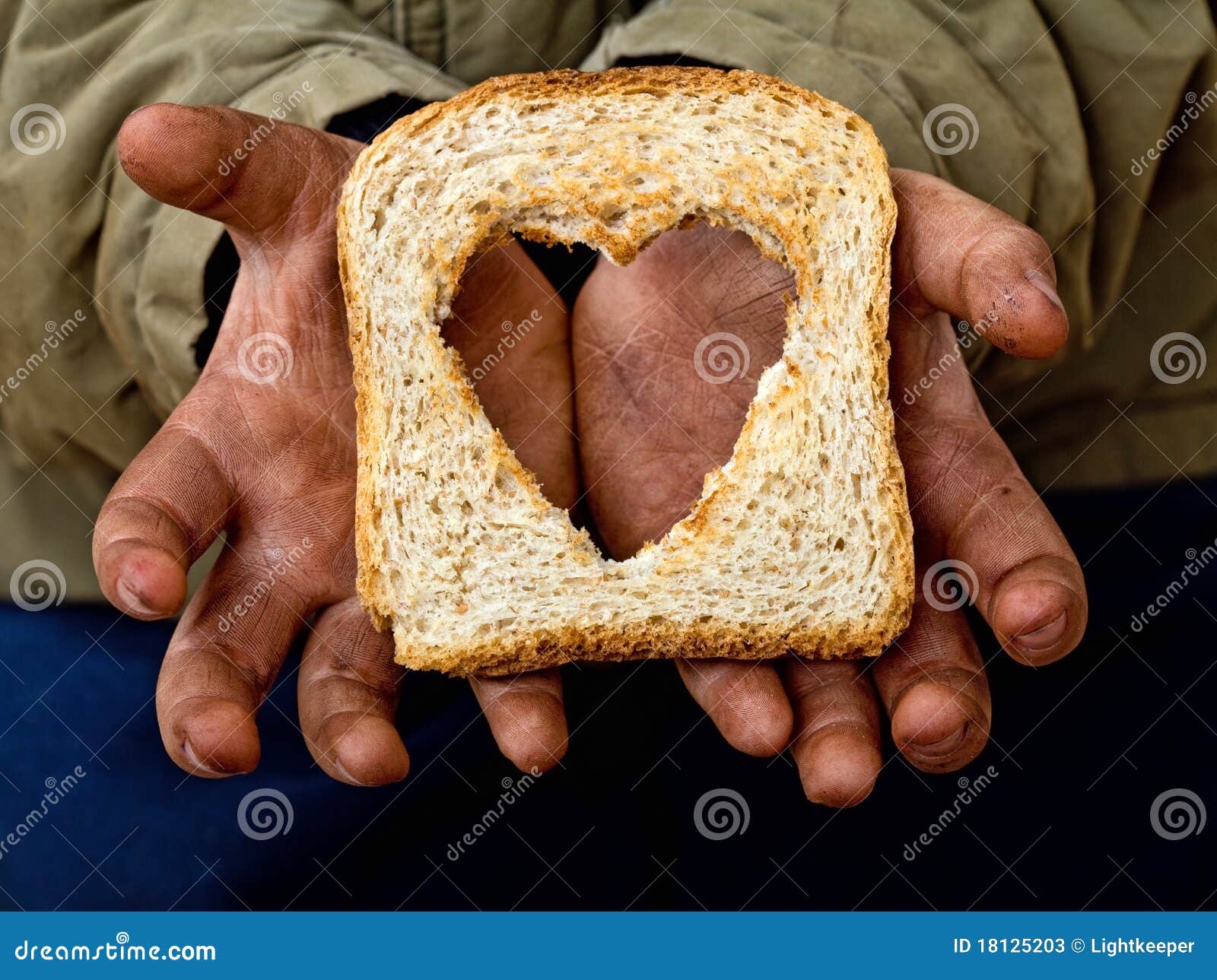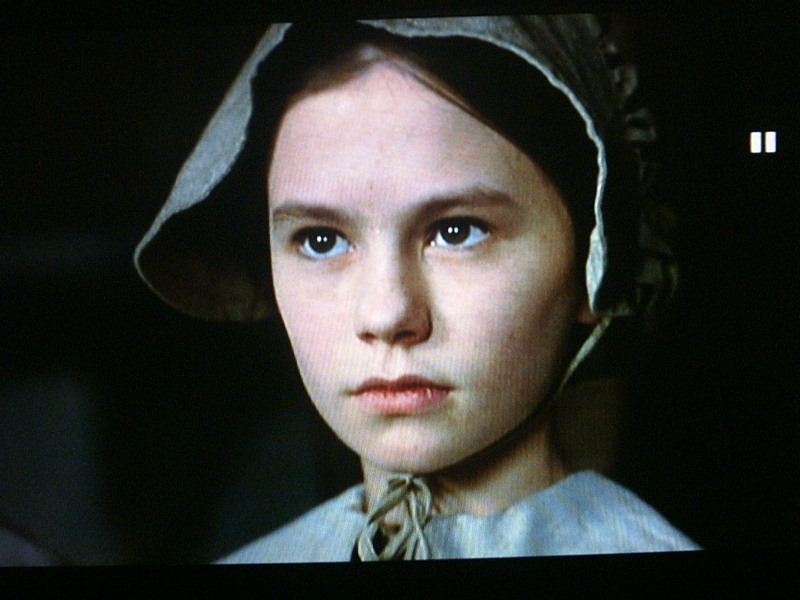Dear Diary:
On this day, mr Rochester questioned me if I found him handsome. I refused to say yes, and a no was pronounced up my throat. I am beginning to think Rochester is more than just a man that has a preference for his governess, and other sinful and disgusting thoughts are growing inside his mind. The blood is pumping inside my head, my hands tremble as the pencil tries to express in words the deep dark feelings I scent, the paper is soaked with the tears that my eyes ejaculate for every fearful ghost that pictures an image on my subconscious mind.
The feelings I have are so heterogeneous, now I understand that... no... it cannot be possible... I am thinking this too much. It's weird. I've never received a kind response or treatment from someone or treatment from someone before, not like Rochester does. Are the voices on the house a dark omen about my future here? Is mr Rochester the demon, the devil, and am I an ember that fell into inferno, to hell, to the endless pit of fire? Is mr Rochester the fire, and am I nothing else than a burning soul?
I cannot be so innocent, Rochester didn't asked me if I thought he looked handsome, but was his way of asking: "Do you like me? Because I like you". He feels curiosity for myself, something never done by someone before! The anxiety consumes me. Is mr Rochester in... in... in love with me?
Let's bring all to the beginning, I can't stare at myself now, Im lost in the pathway of living, I'm burning in the sea, melting in the ice, and other cliche phrases and expressions. I don't belong here, I'm wrong positioned. Since I was young, I didn't belonged in the Reed's house, nor in Lowood School. All my life has been about other people torturing me, passing over me, but Rochester... no. Is Rochester the final solution? The end of the puzzle? The salvation?
I need to calm down, I'm too anxious. Now that I'm here, I cannot see mr Rochester as something bad or wrong. This is the only time I've been placed where I am loved, taken care of, loved, loved, loved... What if actually Rochester is a good choice? What if he is going to give me the life I desire, a dignified future and a noble family? When he asked me to show myself upon his presence, I blushed. Staring at his lips moving like a blood wave, appreciating his eyes...
But there is something strange: he told me he liked my hazel hair and hazel eyes. My eyes are green, not hazel. Would that comment had any negative objective? I need to stop this, I cannot continue writing this way, I am thinking everything from sides that never existed. I can't go on this way, not as I am today. My mind is dishevelled, teared in pieces. Shall I continue my analysis of the feelings of mr Rochester and the torment his question provoked in myself or should I stop this nonsense of writing for writing without obtaining the minimum profit out of it. I need an answer! I wish I had something to guide me, something that was a model I could copy, not something evil as all the "models" I have acquired in my life that the only thing they teach me is bit to be like them, like mrs Reed or mr Brockelhurstl. I need a man, who could have the virtue of being organized, kind with the fellow, maybe not rich, but with enough money to live a peaceful life. A man that is cute with me, kind with me, that would show his love to me every day, every week, month, year, and that the passion doesn't fades away over the decades. I am so horrified that this description fits mr Rochester.
Mr Rochester needs to know I just needed time, I just needed to settle down all the information that was entering with vigorous speed inside my mind. I am ready to go out there and say. -"Mr Rochester, I do find you handsome, and actually, I love you". I cannot believe the pencil just write that statement, I cannot be so fragile in my way of thinking, I just broke as a stick made of glass, I shut myself only to the possibility of Rochester having good intentions. What if he wants something dark? I don't know him enough, I haven't discovered him behind the curtains of sociability. I require more time, but I'm not able to get it; I demand more answers, but the sleuth is just me; a choice has to be made, and I don't want to just improvise and answer and throw everything else out to the trash. In an important decision like this one, failure is not a possible option.
I hear his voice outside the door, I hear his footsteps. I must go now, try to avoid speaking about yesterday and continue like if nothing happened. But we both know, yes, we both know the feelings one has for another, but we just have a picture of the masks, not the revelation of the faces wearing them.
Rationale:
Sticking your mind into Jane's mind is never easy. Our modern mind is unable to understand most of the horrors that were considered something common and regular in the Victorian Times. Apart from all this, the best way to make a character tell you what they think is through reading inside his/her mind. Is not easy to use the same diction that Carllote used, but I think a little exageration of the level of english I would normally use was enough to fit this diction. Like "I refused to say yes, and a no was pronounced up my throat" for "I said no".
A mixture of feelings were also used, demonstrating the contant insecurity expressed by Jane in the novel due to the lack of education she suffered.
In statements like "I understand that... no... it cannot be possible... I am thinking this too much" we can see more a dialogue kind of expression, improvised. This way, the process of Jane of analyzing the situation can be highlighted. Doing this also shows the ability of Jane of being an analyst of every action that other characters do, being the main reason of which Jane is as it is.
Another important fact to consider is that as Jane analyzes everything too much, and is not accepted through society that a girl would be this way, being able to enter inside her mind lets us see her deeper thoughts and
feelings unleashed and without filter. For this reasons, a diary entry is the best way of knowing the truth inside the mind of the character.
Sticking your mind into Jane's mind is never easy. Our modern mind is unable to understand most of the horrors that were considered something common and regular in the Victorian Times. Apart from all this, the best way to make a character tell you what they think is through reading inside his/her mind. Is not easy to use the same diction that Carllote used, but I think a little exageration of the level of english I would normally use was enough to fit this diction. Like "I refused to say yes, and a no was pronounced up my throat" for "I said no".
A mixture of feelings were also used, demonstrating the contant insecurity expressed by Jane in the novel due to the lack of education she suffered.
In statements like "I understand that... no... it cannot be possible... I am thinking this too much" we can see more a dialogue kind of expression, improvised. This way, the process of Jane of analyzing the situation can be highlighted. Doing this also shows the ability of Jane of being an analyst of every action that other characters do, being the main reason of which Jane is as it is.
Another important fact to consider is that as Jane analyzes everything too much, and is not accepted through society that a girl would be this way, being able to enter inside her mind lets us see her deeper thoughts and
feelings unleashed and without filter. For this reasons, a diary entry is the best way of knowing the truth inside the mind of the character.







 </ br>
</ br>





